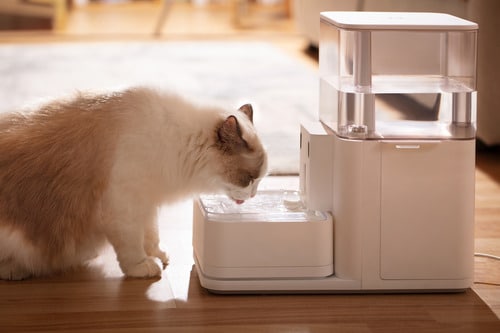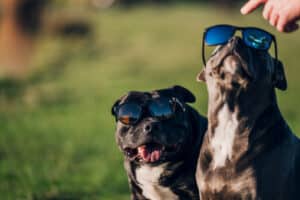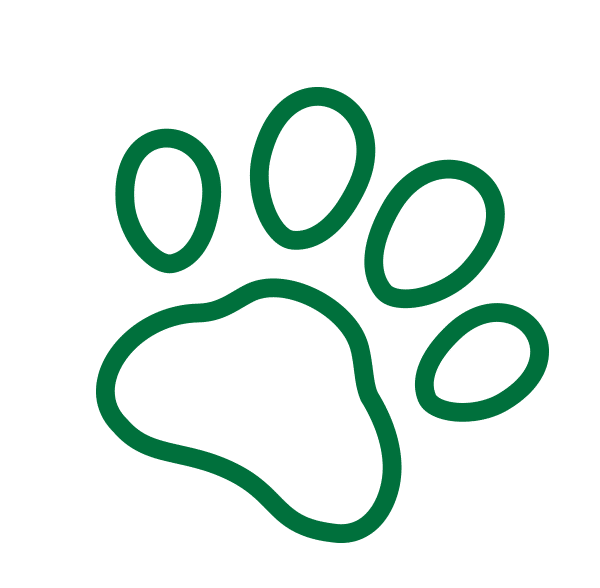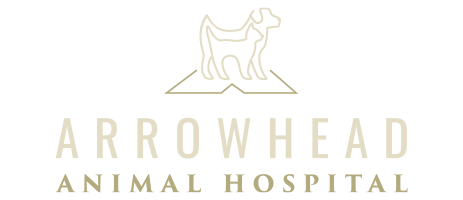Noticing your cat drinking more water than usual can be surprising, especially if they’ve never been one to linger at the water bowl. While it’s normal for hydration needs to fluctuate slightly, a sudden increase in thirst could signal something more concerning. From medical conditions to environmental factors, there are a variety of potential reasons behind this change. At Arrowhead Animal Hospital in Westminster, CO, our veterinary team is here to help you uncover the cause and provide the care your cat needs. Call (303) 469-1616 or book an appointment online to schedule a visit today.
What Is Considered Excessive Water Drinking in Cats?
Before worrying about your cat’s water intake, it’s important to understand what is considered normal. On average, a healthy cat drinks about 3.5 to 4.5 ounces of water per 5 pounds of body weight per day. This amount may vary slightly based on factors like activity level, diet, and environmental conditions. If you notice your cat consuming significantly more water than usual, you might be witnessing polydipsia. Increased thirst is often accompanied by increased urination (polyuria), which can be a sign of an underlying condition. To monitor your cat’s water intake effectively:
- Measure the water you provide daily and note how much is consumed.
- Observe how frequently your cat visits the water bowl.
- Check for other changes, such as weight loss or lethargy.
If your cat is drinking much more than normal, it’s time to consult a veterinarian for further evaluation. Arrowhead Animal Hospital in Westminster, CO, can help determine the cause and provide guidance. Call (303) 469-1616 or book an appointment online.
What Are Some Common Causes of Increased Thirst in Cats?
There are several reasons why a cat might start drinking more water. Some are harmless, but others can indicate serious medical conditions. Here are some of the most common causes:
Dehydration
Dehydration can occur for various reasons, including hot weather, increased activity, or a diet consisting mostly of dry food. Cats who eat primarily kibble need to drink more water to compensate for the lack of moisture in their food. Symptoms of dehydration include:
- Dry gums
- Lethargy
- Sunken eyes
If dehydration persists despite increased water consumption, it’s important to determine the underlying cause.
Kidney Disease
As the kidneys lose their ability to concentrate urine, cats start drinking more water to stay hydrated. This condition can progress gradually, so early detection is key. Signs of kidney disease include:
- Increased urination
- Weight loss
- Vomiting
- Bad breath (ammonia-like odor)
If you suspect kidney disease, your veterinarian will conduct blood tests and urinalysis to confirm the diagnosis and recommend a treatment plan.
Diabetes Mellitus
In diabetic cats, the body struggles to regulate blood sugar levels, leading to excessive thirst and urination. Other symptoms of diabetes include:
- Increased appetite
- Weight loss
- Lethargy
If untreated, diabetes can lead to serious complications. Your veterinarian can diagnose diabetes through blood work and urine tests, followed by a tailored treatment plan.
Additional Medical Conditions That Cause Increased Thirst
Hyperthyroidism
Hyperthyroidism is a condition in which the thyroid gland produces excess hormones, speeding up the cat’s metabolism. This can result in increased thirst, along with:
- Weight loss despite increased appetite
- Restlessness or hyperactivity
- Vomiting or diarrhea
Hyperthyroidism is common in middle-aged and older cats. Blood tests can confirm the condition, and various treatment options are available to manage it.
Urinary Tract Infections (UTIs)
UTIs can cause increased water consumption and frequent urination. While more common in female cats, UTIs can affect any cat. Symptoms include:
- Straining to urinate
- Blood in the urine
- Urinating outside the litter box
UTIs are typically treated with antibiotics, but your veterinarian will need to diagnose the infection first.
Behavioral and Environmental Factors
Not all instances of increased water intake are medical. Sometimes, environmental or behavioral factors play a role.
Hot Weather or Increased Activity
During warmer months, cats may drink more water to stay cool and hydrated. Similarly, cats that have been more active than usual will need additional water to replace lost fluids.
Dietary Changes
If you’ve recently switched your cat’s food, especially from wet food to dry food, you may notice an increase in water consumption. Wet food contains around 70-80% water, while dry food has much less moisture. As a result, cats on dry diets naturally need more water.
Stress or Anxiety
Stress can sometimes lead to increased drinking in cats. Changes to their environment, such as a move, a new pet, or a change in routine, can trigger this behavior. Providing a stable, calm environment can help reduce stress-related behaviors.
When Should You Be Concerned About Your Cat’s Water Intake?
If you’re asking, “Why is my cat drinking so much water?”, it’s important to look for other symptoms that could indicate a problem. You should seek veterinary care if your cat:
- Drinks significantly more water than usual for more than 24 hours.
- Urinates excessively or outside the litter box.
- Exhibits weight loss, lethargy, or changes in appetite.
- Vomits or has diarrhea in addition to drinking more water.
Your veterinarian will perform a thorough examination and may recommend diagnostic tests, such as blood work, urine analysis, or imaging, to identify the underlying cause.
How Your Veterinarian Can Help
At Arrowhead Animal Hospital in Westminster, CO, our team is experienced in diagnosing and treating the conditions that cause excessive thirst in cats. During your appointment, your veterinarian will:
- Discuss your cat’s symptoms and medical history.
- Perform a physical examination.
- Conduct necessary tests, such as blood work or urine analysis.
Once the cause is identified, your veterinarian will develop a personalized treatment plan to address the issue and keep your cat comfortable and healthy.
Providing the Right Care for Your Cat
While increased water consumption can sometimes be harmless, it is often a sign of an underlying condition that requires professional attention. By monitoring your cat’s water intake and observing for additional symptoms, you can help your veterinarian identify potential issues early. If you’re concerned about your cat’s drinking habits, Arrowhead Animal Hospital is here to help. Call (303) 469-1616 or book an appointment online to have your cat evaluated. Your cat’s health and well-being are our priority.





